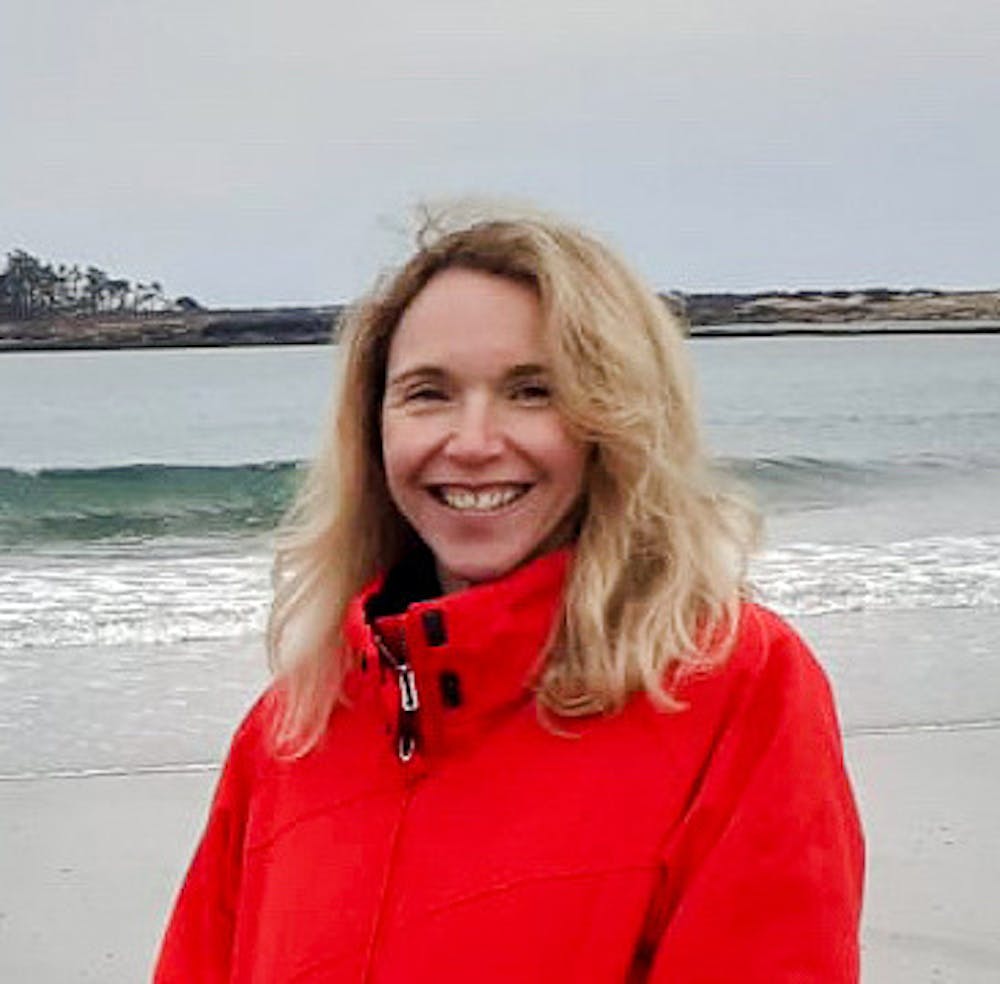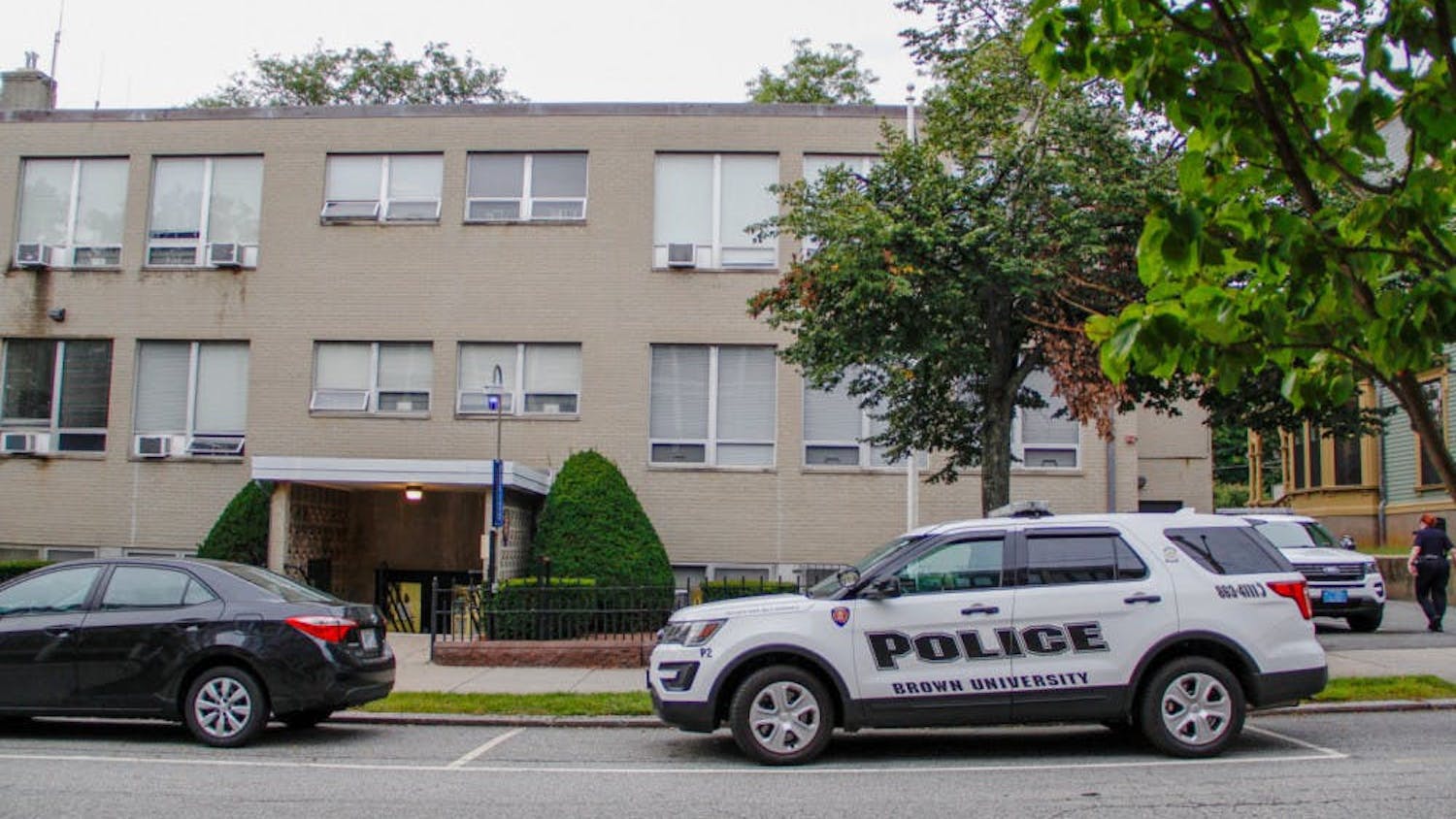For Amanda Lynch, professor of earth, environment and planetary sciences at the Institute of Brown for Environment and Society, January 2022 brought the beginning of her new position as chair of the Research Board on Weather, Climate, Water and the Environment for the World Meteorological Organization, a United Nations agency.
Lynch will continue to teach at the University in addition to taking on her new role at the WMO.
“A lot of what motivates me in my research is the fact that the work that I do can have a positive impact on people’s lives,” Lynch said.
According to Celeste Saulo, vice president of the WMO, the main goal of the organization is to exchange information, data practices, forecasts and coordination among its 193 member countries in three areas of expertise: weather, climate and water.
The WMO Research Board is comprised of international researchers and supports the activities and planning of the WMO research programs: the World Climate Research Programme, the Weather Research Programme and the Global Atmosphere Watch, Lynch said.
Two technical commissions — service and infrastructure — along with the Research Board make up the WMO. The Research Board, according to Saulo, feeds into the two commissions, supplying knowledge from the research community to not only improve understanding of the earth system, but also to work on policy-relevant science that will impact policymakers.
“You are not just (researching) to prepare a better paper or … a better project,” Saulo said. “You are doing research with the aim to improve the services and infrastructure that the meteorological and hydrological services need, so this is a very different kind of research because it's reasoned by its usage.”
Lynch also pointed out the problem of research often not being used effectively in guiding sustainable decision making. “I feel very strongly that I’m in this position for a reason, and it is to really engage with that problem,” Lynch said. “How do we make sure that research gets used to make better decisions?”
Dov Sax, interim director of IBES and professor of ecology, evolution and organismal biology, worked closely with Lynch while she was the founding director of IBES.
“We're in a climate change crisis, and having someone … as competent as (Lynch) appointed to lead (the WMO Research Board) makes me feel a little bit better about our future,” Sax said.
Currently, there is an international search for the new director of IBES. The search committee has selected four candidates who will come to visit campus in February and March, Sax said.
While serving as founding director of IBES, Lynch’s research focused on the many factors that “drive human responses to climate change” in the Arctic, including development, mining, oil and gas exploitation, shipping and collapse of buildings from melting permafrost.
Lynch also previously studied Indigenous livelihood in the Arctic in order to better understand Indigenous people’s situations, perspectives and values.
“Making a space for their knowledge … requires packing your ego, which can be hard for some scientists because we’re used to knowing everything about the thing we’re studying,” Lynch said. “I'm prepared to listen to people to make space for conversations that maybe take us outside of our comfort zone.”
Lynch’s unique background in social sciences, as well as the experience she gained from helping create IBES, provide the foundation to her approach in the position on the Research Board.
Lynch said she hopes to combine the expertise of other board members with her own theoretical approaches to help guide the board’s decisions.
Looking forward, the Research Board is working towards organizing an Open Science Conference, which will be tentatively held in 2025, according to Lynch. The conference will be centered around the theme of “science in service to humanity,” she said.
Lynch also developed an organizing committee that will “craft what the conference will look like.” For this group, Lynch emphasized the need for diversity on the committee — encompassing a variety of countries, ages and perspectives.
“It’s just wonderful to interact with people who share your passion but who are coming at it from such different places,” Lynch said.
Haley Sandlow is a section editor covering science and research as well as admissions and financial aid. She is a junior from Chicago, Illinois, studying English and French.





